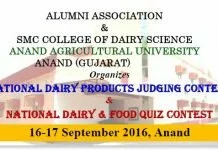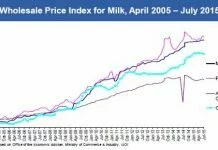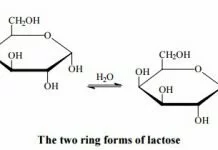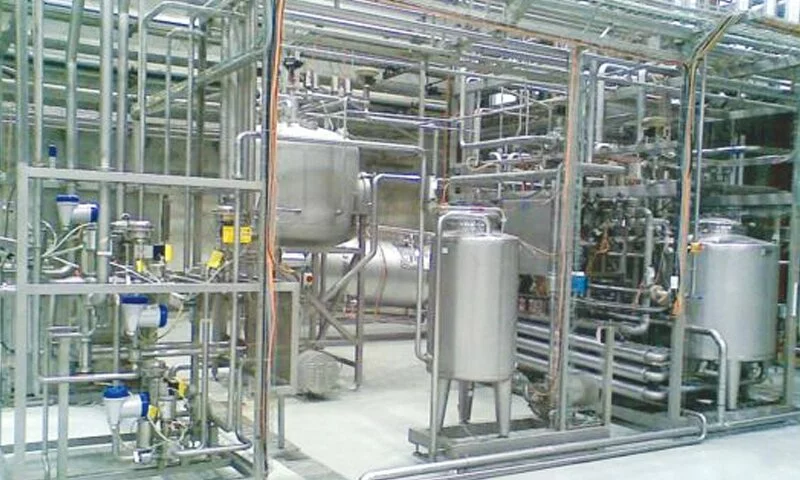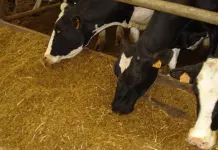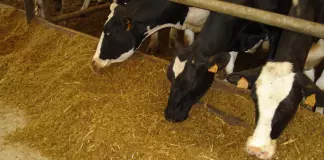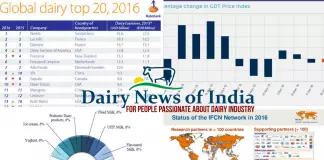Russia opens dairy market but Indian exporters face pricing barrier
India is unlikely to benefit much from the opening up of Russian markets for hard cheese exports due to a sharp fall in prices in international markets
Source : business-standard.com
May 3, 2016
India is unlikely to benefit much from the opening up of Russian markets for hard cheese exports due to a sharp fall in prices in international markets.
Against the current price of Rs 350 a kg in Indian markets, skimmed milk powder (SMP) is being quoted at Rs 180 a kg in international markets, including Russia. Hard cheese is also quoted in Indian markets at around Rs 400 a kg compared with Rs 200 a kg in the global market. Similarly, butter is quoted at $5000 a tonne in Indian markets against less than $3000 in the world.
Over the past 16 months, since Russian president Vladimir Putin announced opening up of Russian market for Indian dairy products in December 2014, prices of cheese and skimmed milk powder have slumped by 50% due to the global economic slowdown. In that sense, the delay in the opening up of the Russian market has proved a blessing in disguise for Indian exporters. Since global dairy markets are now recovering, Indian dairy exporters are likely to see a big opportunity going forward.
“Currently, Indian exporters would see no benefit from Russian markets due to sharp decline in realization from exports. Since, realization is better in domestic markets then international markets, exports of cheese would remain in back burner. However, opening up of Russian market would offer an opportunity for Indian dairy producers to expand capacity for future exports,” said R S Sodhi, chairman of Gujarat Co-operative Milk Marketing Federation Ltd (GCMMF), which produces the popular Amul brand of dairy products.
Sensing this, Amul has already trebled its cheese production capacity to 120,000 tonnes per day now from 40,000 tonnes per day at an investment of Rs 600 corer. Amul, with around 96% of market share in butter through aggressive pricing, plans to capture more through a similar strategy. India’s Ministry of Commerce had signed the protocol, the mandatory procedural requirement to commence exports, on April 28 which marked the approval for Indian companies to start shipment of dairy products, primarily hard cheese, to Russia. GCMMF has initiated dialogues with a couple of Russian cheese importers for future deals.
However despite reports of nonviable prices, Govardhan brand dairy products producer Parag Milk Foods aims to dispatch the first consignment of hard cheese to Russia by the end of June. “We have lined up a number of Russian buyers for hard cheese exports. We were waiting for the Indian government to sign the protocol to finalise terms of trade with Russian buyers. Since the government of India has already signed the protocol, we expect the Russian government to reciprocate in two weeks. We would start negotiating terms of trade after that. So, we hope the first consignment to leave India in two months from now,” said Devendra Shah, managing director, Parag Milk Foods.
India’s dairy exports to Russia had been made tough after Rosselkhoznadzor approved only Indian farms that owned at least 1,000 cattle. While the objective of Rosselkhoznadzor was to ensure the quality of milk procurement and trace ability of cheese plants, only two farms – Parag Milk Foods and Schrieffer Dyna-mix – conformed to these norms. Most large dairy farms in India including Amul brand dairy products producer GCMMF, work on a co-operative model in which farmers remain the owners of cattle.
Consequently, India sought relaxation in this norm, which Russia has honored. According to Shirish Upadhyay, senior vice-president at Parag, Russia has now focused on “sourcing of milk” instead of “number of cattle” earlier to accommodate more exporters from India.
Russia’s annual cheese consumption is estimated at 230,000 tonnes which is met largely through import from the Americas and its own neighboring countries.
Comments
comments





